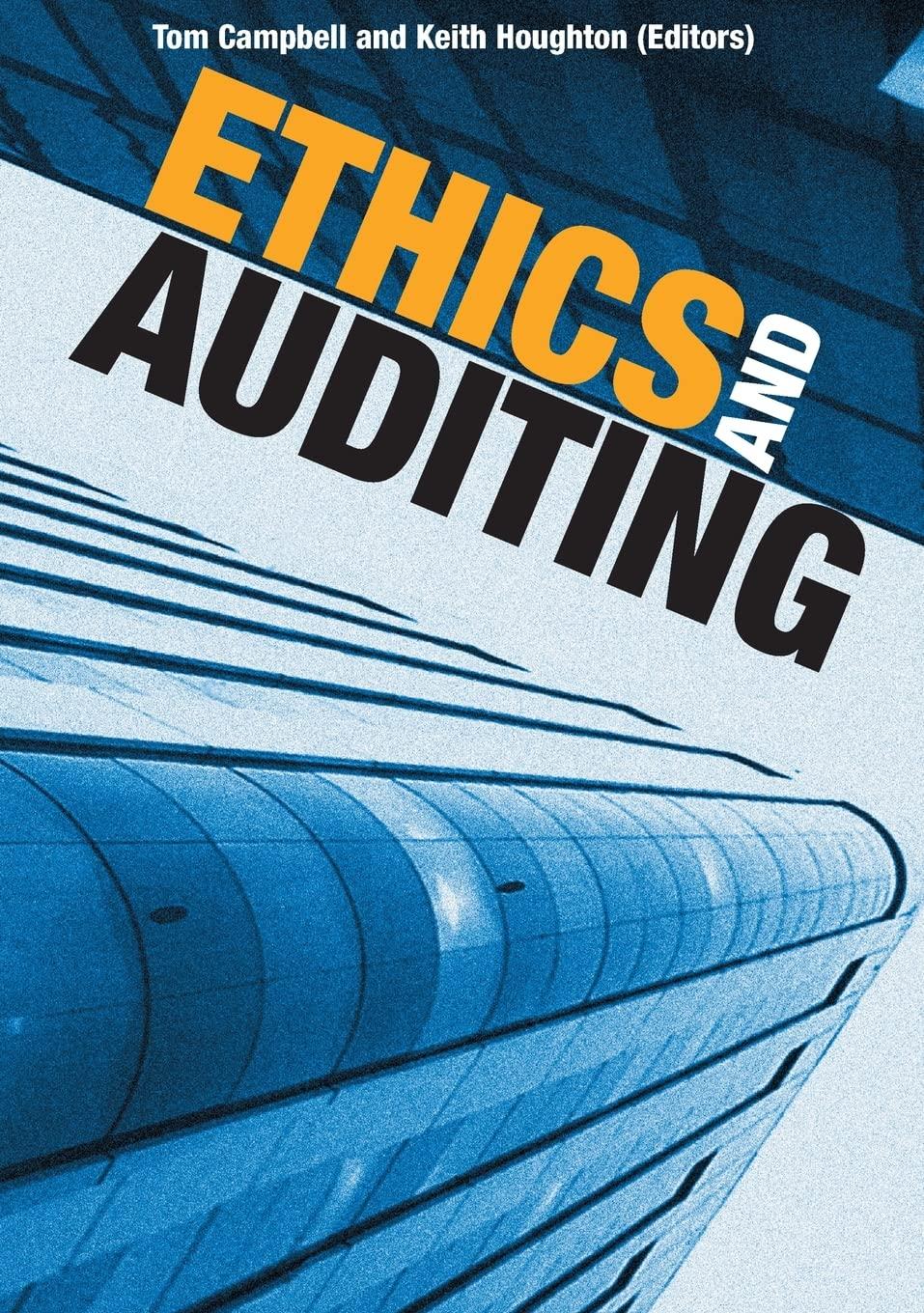Question
Question 1 The cases below relates to IAS 10. Indicate whether they are adjusting and non-adjusting events and how they should be treated according to
Question 1
The cases below relates to IAS 10. Indicate whether they are adjusting and non-adjusting events and how they should be treated according to the standard.
A. Facey Company Ltd.s financial year ends on 31 December. On 20 December 2019, Facey Company Ltd was involved in a court case with a customer who sued the company for delivering products where there was a dispute over the exact ingredients included in the products manufactured by Facey Company Ltd. These products were delivered to the customer in October 2013. The details of the case were heard by 22 December, but the judge decided to reserve her judgment until 8 January 2020. On 8 January 2020, the judge ruled in favour of the customer, awarding it damages of $100,000. (5 marks)
B. Facey Company Ltd has an investment worth $1,000,000 in its financial statements at 31 December 2019. Due to the continuing recession, the investment reduced in value to $900,000 by 15 January 2020. (5 marks)
C. On 8 January 2020, one of the accountants left Facey Company Ltd suddenly. On further investigation, the company realized that this employee had been paying himself money from the bank account in relation to false rental invoices. The amount of the overpayment was found to be $86,000. With the help of the police, the accountant was tracked down and repaid all the money on 18 January 2020. (5 marks)
D. On 10 January 2020, Facey Company Limited sold some inventory for $80,000. This inventory had been included in the year-end inventory count at cost of $100,000. (5 marks)
Question 2
A. During the year to 31 December 2019, a customer started legal proceedings against TCI Food company, claiming that one of the food products that it manufactures had caused several members of his family to become seriously ill. The companys lawyers have advised that this action will probably not succeed. Should the company disclose this in its financial statements according to IAS 37? (5 marks)
B. The ordinance of TCI requires businesses to install smoking rooms to its factories by 30 December 2020. The entity has not installed the smoking rooms.
Should a provision be recognised at the end of the reporting period?
a) 31 December 2019 (5 marks)
b) 31 December 2020 (5 marks)
C. An entity sells goods with a warranty covering customers for the cost of repairs of any defects that are discovered within the first two months after purchase. Past experience suggests that 80% of the goods sold will have no defects, 15% will have minor defects and 5% will have major defects. If minor defects were detected in all products sold the cost of repairs would be 30,000; if major defects were detected in all products sold, the cost would be 150,000. What amount of provision should be made? (5 marks)
Step by Step Solution
There are 3 Steps involved in it
Step: 1

Get Instant Access to Expert-Tailored Solutions
See step-by-step solutions with expert insights and AI powered tools for academic success
Step: 2

Step: 3

Ace Your Homework with AI
Get the answers you need in no time with our AI-driven, step-by-step assistance
Get Started


